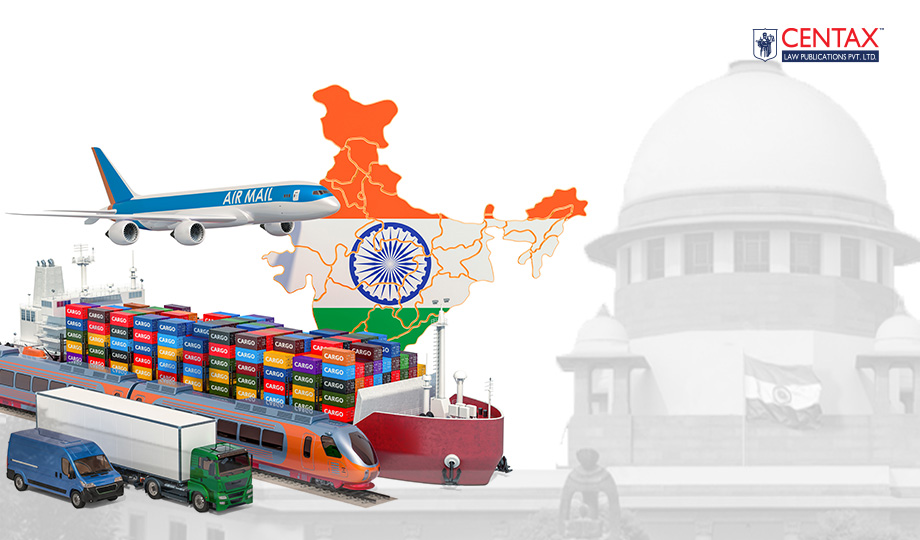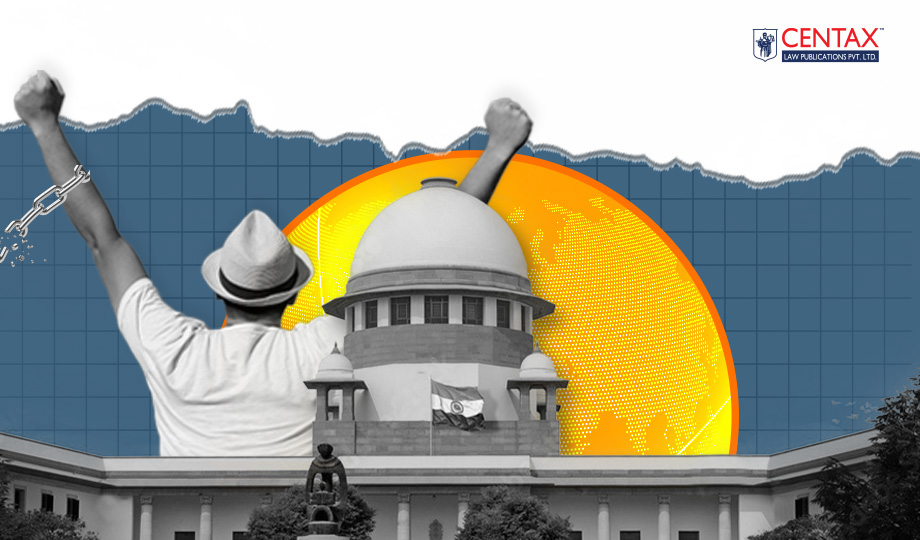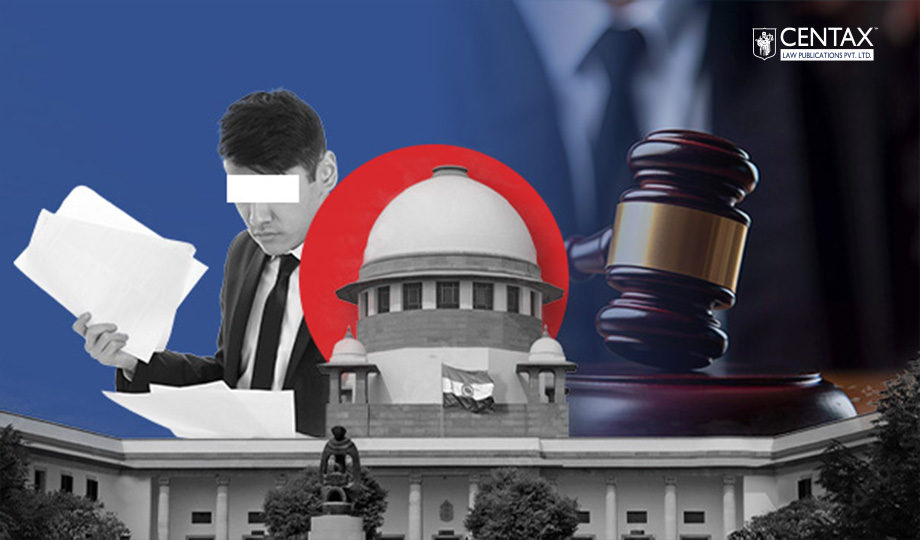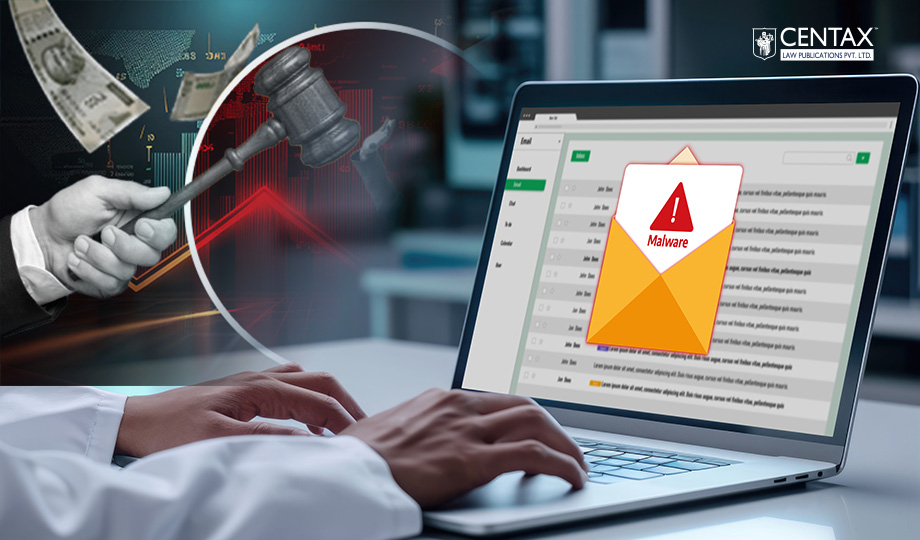
Under the Goods and Services Tax (GST) law in India, the Place of Supply (PoS) for online services determines where GST is applicable and who is liable to pay it. The place of supply rules for online services vary based on whether the service is provided to a registered person (B2B) or an unregistered person (B2C) and whether the recipient is located in India or outside India.
Table of Contents
1. Background
The proviso to Rule 46(f) of the CGST Rules mandates that in cases involving the supply of online services related to online money gaming, taxable services supplied by or through an Electronic Commerce Operator (ECO), or Online Information Database Access or Retrieval (OIDAR) services provided to an unregistered recipient, the tax invoice issued by the supplier *must* include the name of the recipient’s state. This shall be deemed as the recipient’s address on record.
Section 12 of the IGST Act governs the determination of the place of supply of services when both the supplier and recipient are located in India. For services provided to a person other than the registered person depends on whether the recipient’s address is available in the supplier’s records. In such cases, the place of supply shall be determined as follows:
- If the recipient’s address is available in the supplier’s records: The place of supply is the ‘location of the recipient’.
- If the recipient’s address is not available in the supplier’s records: The place of supply defaults to be the ‘location of the supplier’.
A combined reading of the above provisions establishes that for online services supplied to unregistered recipients, suppliers are required to include the recipient’s State name on the invoice and declare the place of supply as the recipient’s State, in accordance with the provisions of Section 12(2)(b)(i) of the IGST Act.
2. CBIC Clarification on Place of Supply for Online Services
In alignment with the recommendations of the 55th GST Council meeting, the Central Board of Indirect Taxes and Customs (CBIC) has issued Circular No. 242/36/2024-GST, dated 31-12-2024 providing clarity on the determination of the place of supply for online services rendered to unregistered recipients. As per Section 12(2)(b) of the IGST Act, the place of supply shall be deemed to be the location of the recipient, provided that the recipient’s address is available on record.
To ensure compliance with this principle, the CBIC has outlined the following directives:
2.1 Supplier is Mandatorily Required to Record the State Name of Unregistered Recipient for Supply of All Online Services
The CBIC has reaffirmed that Rule 46(f) of the Central Goods and Services Tax (CGST) Rules applies to all online services supplied to unregistered recipients. This extends beyond online money gaming and Online Information Database Access or Retrieval (OIDAR) services to encompass a broad spectrum of digital offerings, including e-newspapers, e-magazines, online entertainment subscriptions (such as OTT platforms), telecom services, and other digital services accessed via mobile applications.
Suppliers engaged in the provision of such services must ensure that the state name of the unregistered recipient is accurately recorded on the tax invoice, irrespective of the value of the supply. Additionally, the place of supply must be declared as the recipient’s location in Form GSTR-1/1A to ensure compliance with GST regulations.
2.2 Mechanism for Collecting Recipient Details
To facilitate adherence to this requirement, suppliers must establish mechanisms for the systematic collection of recipient details prior to supplying online services. The recorded state name shall be treated as the recipient’s address on record for the purpose of determining the place of supply under GST provisions.
2.3 Penalties for Non-compliance
Failure to issue an invoice in conformity with the prescribed legal requirements—including the omission of the unregistered recipient’s state name—may attract penal action under Section 122(3)(e) of the CGST Act. Suppliers are advised to ensure strict compliance with these provisions to avoid penalties and regulatory scrutiny.





















